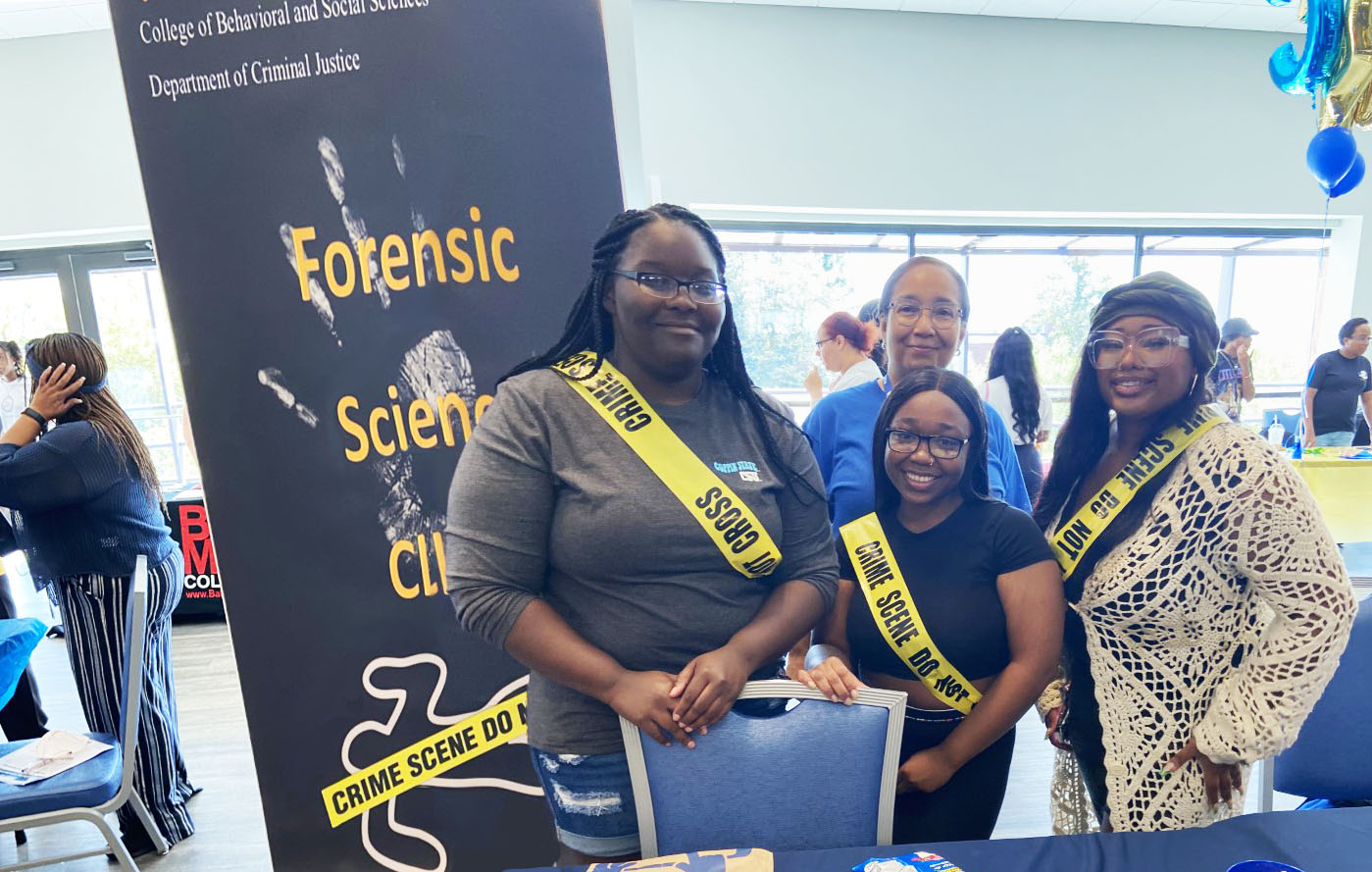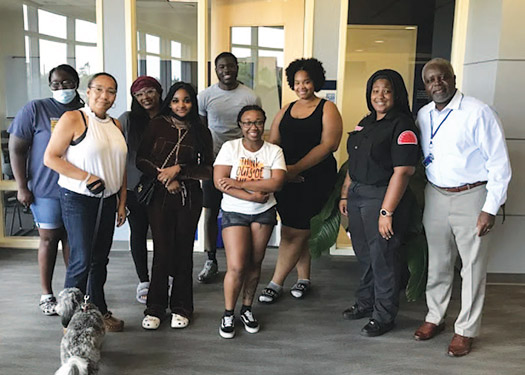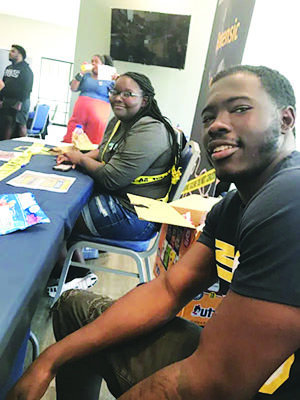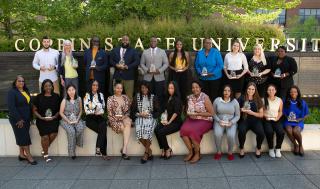Office of Field Services and Professional Development Schools
School of Education
Office of Field Services and Professional Development Schools

Field Experiences
Field experiences are integral in providing real-life, direct application of the theories and processes shared by university faculty in university classrooms. Most education courses require field-based experiences, which are completed in the education setting most appropriate for the major. The field-based experiences are completed at a professional development school (PDS), a partner site in the PDS network, or at a licensed childcare facility. The initial certification teacher preparation programs at Coppin State University offer sequenced field-based experiences designed to provide diverse experiential learning experiences for prospective teachers.
Courses that require field experiences are categorized in 4 phases:
| Early field Experience | Phase I: Observation 16 hours/course | At a PDS or partner site |
| Phase IIA: Observation, Participation, & Reflection min. 24 hours/course | At a PDS or partner site | |
| Pre-Extensive Internship | Phase IIB 20 days | At a PDS site |
| Extensive Internship | Phase III 80 days | At a PDS site |
Field Experience Hour Requirement
| Field-Experience Hours Required | Range of Hours to be Completed |
|---|---|
| If taking 2 courses requiring 16 hours for each | Complete a minimum of 22-32 hours (at instructor discretion) |
| If taking 2 courses requiring 16 hours for each and 1 course requiring 24 hours | Complete a minimum of 40-56 hours (at instructor discretion) |
| If taking 1 course requiring 16 hours and 2 courses requiring 24 hours for each | Complete a minimum of 48-64 hours (at instructor discretion) |
| If taking 2 courses requiring 24 hours for each | Complete a minimum of 40-48 hours (at instructor discretion) |
| If taking 3 courses requiring 24 hours for each | Complete a minimum of 52-72 hours (at instructor discretion) |
Courses
| Phase I | Phase IIA | Phase IIB | Phase III |
|---|---|---|---|
| EDUC 202 SPED 201 |
ECED Majors EDUC 300, ECED 301, ECED 329, EDUC 408, REED 401 |
ECED Majors ECED 330, ECED 331, ECED 333, ECED 337, ECED 338 |
ECED Majors ECED 411, ECED 412 |
|
ELED Majors EDUC 300, ELED 301, EDUC 408, REED 401 |
ELED Majors ELED 302, ELED 303, ELED 304, ELED 305, ELED 306, ELED 307 |
ELED Majors ELED 412, ELED 413 |
|
|
SPED Majors SPED 203, SPED 302, SPED 303, SPED 401, SPED 402, SPED 403 EDUC 300, REED 401 |
SPED Majors SPED 301, SPED 304, SPED 305, SPED 306 |
SPED Majors SPED 404, SPED 405 |
Forms and Handbooks
Field Experience Manual and Internship Handbook
Contact Us
The Office of Field Services and Professional Development Schools lives within the School of Education in the College of Art & Sciences, and Education.




